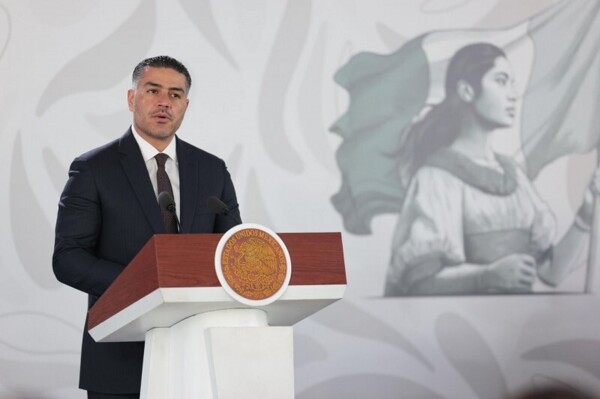Within the framework of the High-Level Forum on Public Policies "Perspectives of Triple Negative Breast Cancer (TNBC) in Mexico, promoting better health management", Dr. Jesús Felipe González Roldán, a recognized specialist in public health in Mexico, shared a critical view of the current situation of breast cancer in the country. He emphasized the urgency of addressing this public health issue, considering that cancer has become the third leading cause of mortality in Mexico and that breast cancer is the leading cause of death among women aged 35 to 55 years.
During an exclusive interview, Dr. González Roldán highlighted the importance of having a national cancer registry that allows for a clear view of the incidence of the disease. This information is crucial for managing resources efficiently and providing appropriate therapeutic options to patients. Currently, the lack of this registry complicates both case tracking and the effectiveness of medication use, contributing to the inefficiency in the oncological care system.
Dr. González Roldán pointed out that the Mexican health system faces significant challenges, especially with the aging population, which will result in an increase in cancer cases in the future. Early detection of the disease is fundamental to improving survival rates, as treatments are more effective in the early stages.
Additionally, the specialist emphasized the importance of not seeing cancer treatment as an expense but as an investment in the health of the population. In particular, he stressed the need to pay greater attention to triple negative breast cancer, known for its aggressiveness and difficulty in treatment. The fact that 60% of women diagnosed with breast cancer in Mexico are diagnosed at advanced stages underscores the urgency of improving diagnostic capacity and ensuring timely care for patients.
Dr. González Roldán called for an increase in the training of oncologists, radiotherapists, and chemotherapists to meet the growing demand for oncological care in the country. He stressed the need for a proactive approach to early detection and treatment of cancer, emphasizing that investing in innovative therapies not only improves patients' quality of life but also prolongs their life expectancy.













